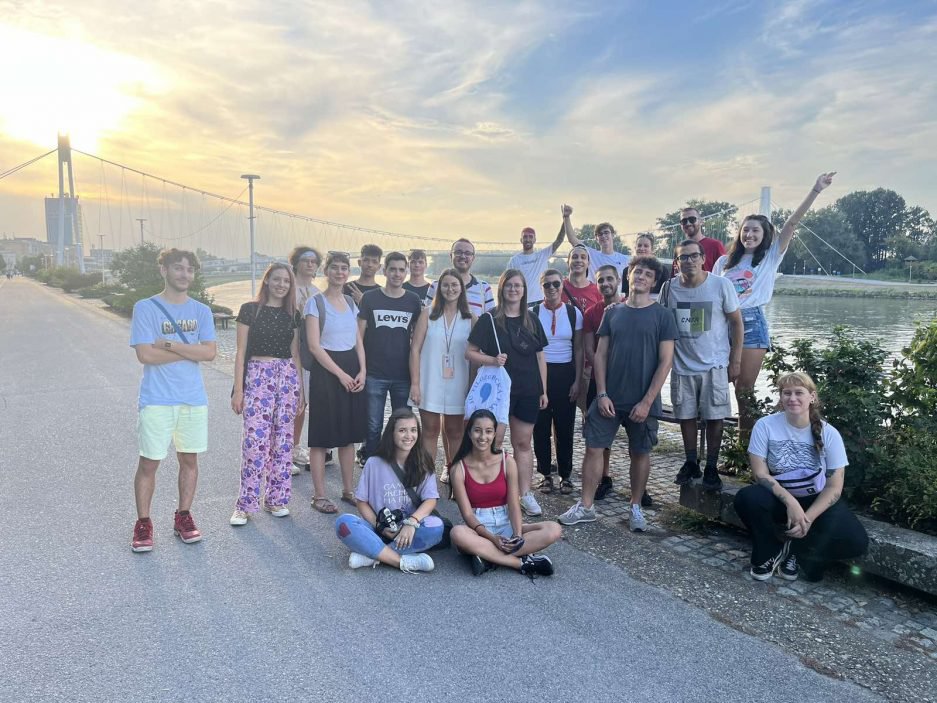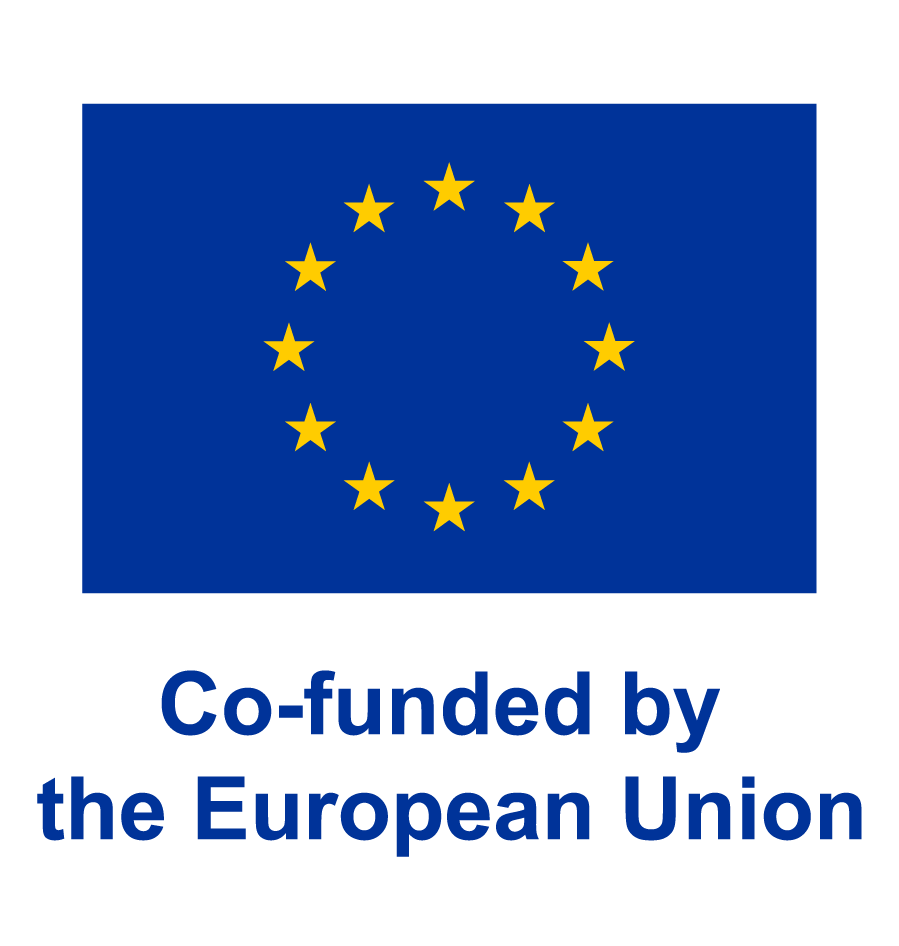Study visit ”Untold story: women and anti-war activism”

Documenta and its partners on the project “Female perspectives on the democratic transitions in the 1970s, 1980s, and 1990s” organized the study visit “Untold story: women and anti-war activism” in Osijek and Pakrac, September 12-16, 2023.
Young people from Bulgaria, Croatia, Germany, Italy, Hungary, and Spain gathered in Osijek to take part in our program and learn more about Croatia during and 1990s and peace and other civic initiatives in Osijek and Pakrac.
After the informal gathering on September 12, the working program of the study visit started with a presentation on the historical context of Croatia in the 1990s on September 13. In the afternoon the participants took part in an educational city walk around Osijek to learn more about the city before, during, and after the war in the 1990s.
On September 14 the group met with time witness Lejla Šehić Relić, civil activist since 1993. From a war refugee to the president of the Centre for European Volunteering, her intertwined personal and professional stories inspired the group to explore volunteer opportunities.
Later, the participants took part in a creative workshop, based on the “conflict textiles” method. Young people could choose from photographs representing the war in Osijek and Pakrac, and then create a small textile doll representing a character that fits into the story.
In the afternoon, the group visited DKolektiv – organization for social development and learned more about the peaceful reintegration of the Danube River Region in a workshop, led by Nikica Torbica, head of the Social studio of DKolektiv.
Later that day the participants visited the Centre for Peace, non-violence and human rights. The Center’s director Natalija Havelka presented the organization. The Center was founded in 1992 and its activities are aimed at building peace, protecting and promoting human rights and freedoms, and promoting creative methods of conflict resolution on an individual, group, and political level.
At the Center, the group met with time witness Ivana Milas, director of Nansen Dialog Center. Ivana shared her experience of working on social recovery and the development of multiethnic communities after the war in the 1990s.
On September 15 the group travelled to Pakrac to learn more about the history of the Pakrac Volunteer Project. Time witness Veselinka Kastratović, a researcher in Documenta led an educational city walk around Pakrac. In the afternoon the group visited the Serbian house – a community center for the Serbian minority in Pakrac.
The study visit “Untold story: women and anti-war activism” is a part of the project “Female perspectives on the democratic transitions in the 1970s, 1980s and 1990s”.
The project is co-financed by the European Union.

